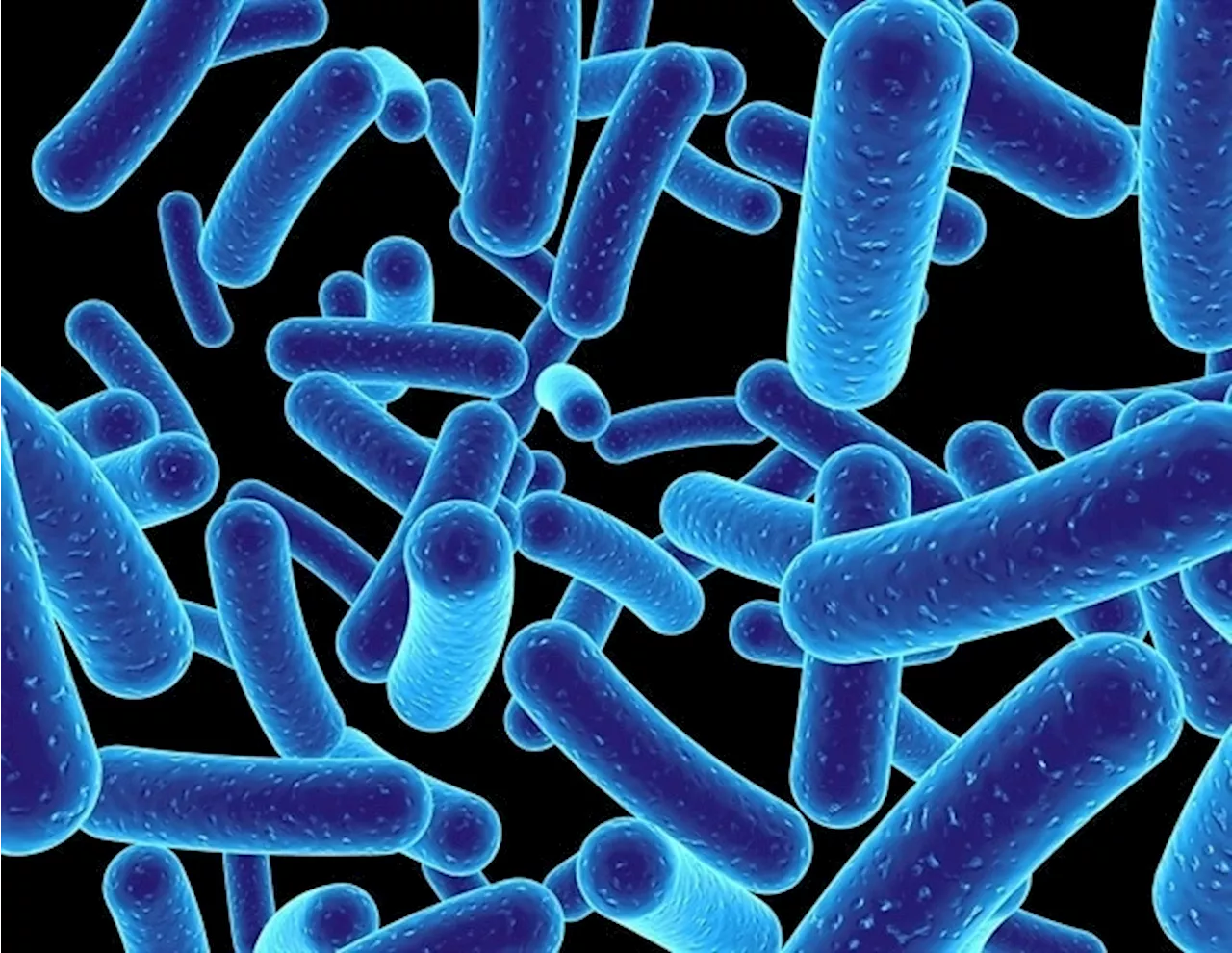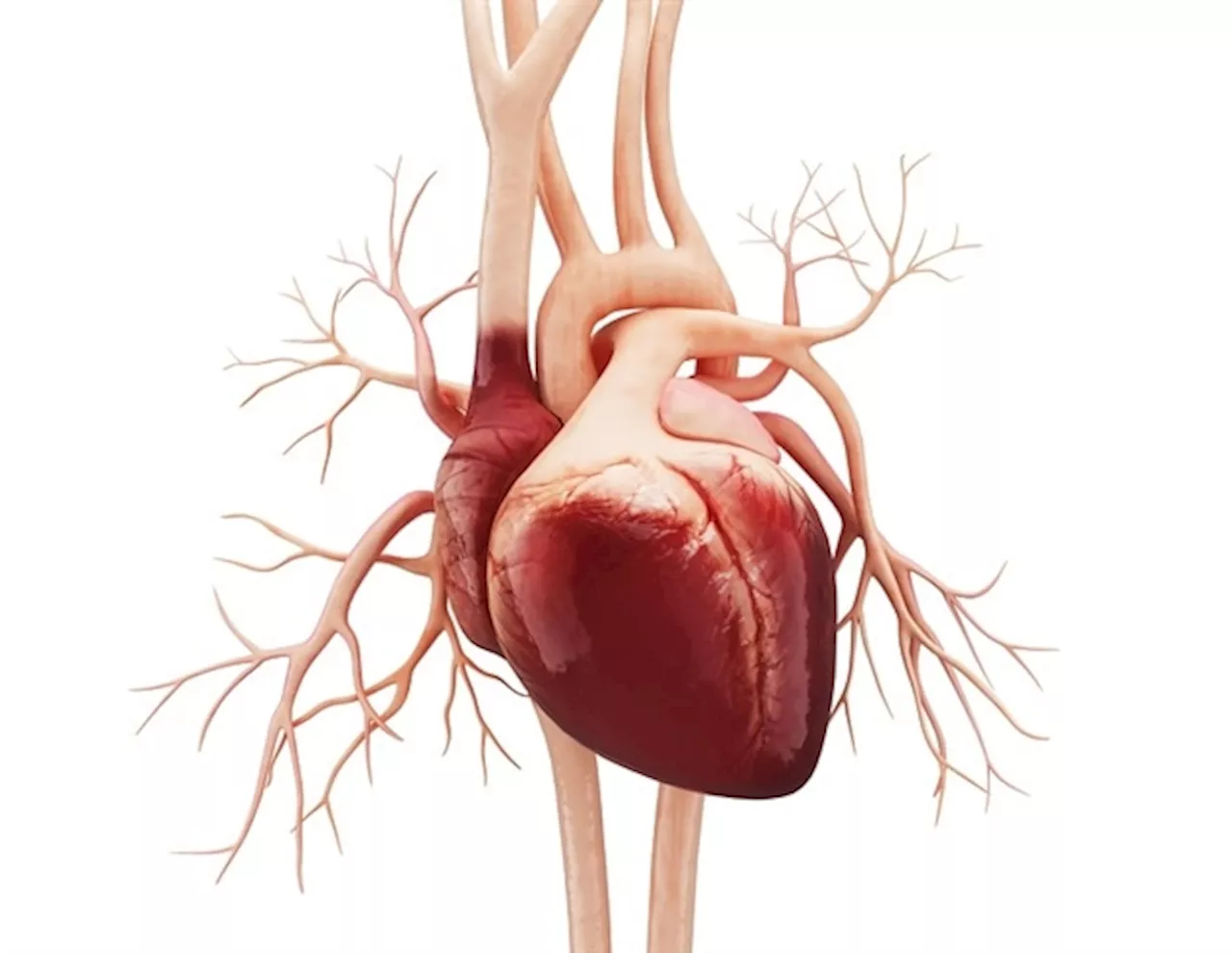A groundbreaking study by scientists at Duke-NUS Medical School and the National Neuroscience Institute reveals a direct connection between gut microbes and anxiety-related behaviors. The research suggests that microbial metabolites, specifically indoles, play a crucial role in regulating brain activity associated with anxiety. This discovery opens exciting possibilities for developing new probiotic-based therapies to improve mental well-being.
Scientists from Duke-NUS Medical School and the National Neuroscience Institute have uncovered a significant connection between gut microbes and anxiety-related behaviors. Published today in EMBO Molecular Medicine, their research indicates that microbial metabolites, particularly indoles, directly influence brain activity associated with anxiety. This groundbreaking discovery paves the way for innovative probiotic-based therapies aimed at enhancing mental well-being.
The prevalence of mental health disorders has been steadily increasing. According to recent national surveys, one in seven individuals in Singapore has experienced a mental health disorder, encompassing both depressive and anxiety disorders. In 2019, mental health disorders ranked among the top four leading causes of disease burden in Singapore. Motivated by this alarming trend, the research team embarked on an investigation into the role microbes play in anxious behavior.In pre-clinical studies, scientists observed a stark difference between germ-free environments, where subjects were devoid of live microbes, and those with typical resident live microbes. The germ-free mice exhibited significantly more anxiety-related behaviors. Further analysis revealed that this heightened anxiety correlated with increased activity in the basolateral amygdala (BLA), a brain region crucial for processing emotions like fear and anxiety. This elevated BLA activity was linked to specialized proteins within brain cells known as calcium-dependent SK2 channels, previously associated with anxiety behavior.When the body and brain are exposed to live microbial metabolites, the SK2 channels act as a regulatory mechanism, preventing neurons from becoming overly excited and firing excessively. Associate Professor Shawn Je, from Duke-NUS' Neuroscience and Behavioural Disorders Programme and one of the lead authors, elucidated: 'Our findings unveil the specific and intricate neural processes that connect microbes to mental health. Those without any live microbes displayed higher levels of anxious behavior compared to those with live bacteria. Essentially, the absence of these microbes disrupted their brain function, particularly in areas governing fear and anxiety, leading to increased anxiety.'To delve deeper into the role of microbes in this process, the researchers introduced live microbes into germ-free mice. This intervention resulted in a reduction of elevated neuronal activity in the BLA and, consequently, SK2 channel activity. As a result, the mice exhibited significantly less anxiety-related behavior, with their emotional responses mirroring those exposed to microbes.Furthermore, the researchers tested the effects of indoles, microbial metabolites produced by specific microbes, on germ-free mice. Administration of indoles to these mice led to reduced activity in the BLA and diminished anxiety-related behavior. This experiment provided compelling evidence for a direct link between our indigenous microbes and maintaining mental equilibrium.Professor Sven Pettersson, from the Department of Research at the National Neuroscience Institute of Singapore, and another lead author of the study, commented: 'Establishing hunger signals and regulating hunger is an evolutionarily conserved defense mechanism. The physiological switch at birth can be viewed as a first major wave of anxiety exposure for the newborn, conveying the message, 'If you don't eat, you will die.' Moreover, birth coincides with the exposure to breast milk, which contains microbes capable of producing indoles. Indoles are known to be secreted by plants when they experience stress or malnutrition (drought), and in this study, we report a similar mechanism where indoles can regulate anxiety levels in mammals. Therefore, varying levels of circulating microbial plasma indoles in the blood may reflect diverse sensitivity and vulnerability to stressful situations, leading to variable risks of experiencing anxiety-related events.'These findings carry significant implications: they open up the therapeutic potential of targeting the gut-brain axis to treat anxiety-related disorders by restoring the microbial composition through dietary supplementation with indoles or by introducing indole-producing gut microbes as probiotics. 'Essentially, this paves the way for personalized therapies aligned with 21st-century precision medicine,' concludes Pettersson.Our research underscores the profound evolutionary connections between microbes, nutrition, and brain function. This holds immense potential for individuals suffering from stress-related conditions, such as sleep disorders or those who cannot tolerate standard psychiatric medications. It serves as a reminder that mental health is not solely confined to the brain; it also resides within the gut.
MICROBIOME GUT-BRAIN AXIS ANXIETY PROBIOTICS MENTAL HEALTH INDOLES
United Kingdom Latest News, United Kingdom Headlines
Similar News:You can also read news stories similar to this one that we have collected from other news sources.
 Gut microbes and the body work together to regulate fat metabolismBeneficial gut microbes and the body work together to fine-tune fat metabolism and cholesterol levels, according to a new preclinical study by investigators from Weill Cornell Medicine and the Boyce Thompson Institute at Cornell University's Ithaca campus.
Gut microbes and the body work together to regulate fat metabolismBeneficial gut microbes and the body work together to fine-tune fat metabolism and cholesterol levels, according to a new preclinical study by investigators from Weill Cornell Medicine and the Boyce Thompson Institute at Cornell University's Ithaca campus.
Read more »
 How gut microbes and hormones shape your sweet toothScientists uncover how Ffar4 regulates sugar cravings through gut microbiota, revealing pantothenate as a key mediator to curb sugar intake.
How gut microbes and hormones shape your sweet toothScientists uncover how Ffar4 regulates sugar cravings through gut microbiota, revealing pantothenate as a key mediator to curb sugar intake.
Read more »
 Gut Bacteria Linked to Increased Stroke Risk, Study FindsA groundbreaking study conducted by Japanese scientists has revealed a potential link between certain bacteria found in the mouth and gut and an elevated risk of stroke. The research suggests that analyzing these bacteria could one day help predict stroke risk and that targeting harmful bacteria with new therapies and proper dental hygiene might prevent strokes.
Gut Bacteria Linked to Increased Stroke Risk, Study FindsA groundbreaking study conducted by Japanese scientists has revealed a potential link between certain bacteria found in the mouth and gut and an elevated risk of stroke. The research suggests that analyzing these bacteria could one day help predict stroke risk and that targeting harmful bacteria with new therapies and proper dental hygiene might prevent strokes.
Read more »
 Gut Microbe Akkermansia Muciniphila Found to Break Down Sugars in MucusA new study published in Nature Microbiology reveals a comprehensive analysis of how the beneficial gut microbe Akkermansia muciniphila (AM) feeds on sugars found in mucus. Using a pig model, researchers at the University of Birmingham found that a combination of 66 enzymes from AM can completely break down mucin, the essential component of the mucus layer lining the human gastrointestinal tract. This breakthrough provides the first in-depth understanding of the molecular mechanisms behind how microbes break down O-linked sugars in the gut.
Gut Microbe Akkermansia Muciniphila Found to Break Down Sugars in MucusA new study published in Nature Microbiology reveals a comprehensive analysis of how the beneficial gut microbe Akkermansia muciniphila (AM) feeds on sugars found in mucus. Using a pig model, researchers at the University of Birmingham found that a combination of 66 enzymes from AM can completely break down mucin, the essential component of the mucus layer lining the human gastrointestinal tract. This breakthrough provides the first in-depth understanding of the molecular mechanisms behind how microbes break down O-linked sugars in the gut.
Read more »
 Study links PTSD and anxiety to lower ovarian reserve in women firefightersA new study led by University of Arizona Mel and Enid Zuckerman College of Public Health researchers in collaboration with fire service partners and other researchers around the country through the Fire Fighter Cancer Cohort Study showed that post-traumatic stress disorder and anxiety are associated with lower levels of anti-Müllerian hormone, a...
Study links PTSD and anxiety to lower ovarian reserve in women firefightersA new study led by University of Arizona Mel and Enid Zuckerman College of Public Health researchers in collaboration with fire service partners and other researchers around the country through the Fire Fighter Cancer Cohort Study showed that post-traumatic stress disorder and anxiety are associated with lower levels of anti-Müllerian hormone, a...
Read more »
 Lean Red Meat and Gut Health: Purdue Study Shows Benefits of Consistent DietA Purdue University study reveals that a balanced diet with lean red meat can positively impact gut microbiota and cardiovascular health. The study, which involved dietary pattern cycling, found that consistent consumption of lean red meat led to beneficial gut bacteria shifts and improved cardiovascular markers.
Lean Red Meat and Gut Health: Purdue Study Shows Benefits of Consistent DietA Purdue University study reveals that a balanced diet with lean red meat can positively impact gut microbiota and cardiovascular health. The study, which involved dietary pattern cycling, found that consistent consumption of lean red meat led to beneficial gut bacteria shifts and improved cardiovascular markers.
Read more »
